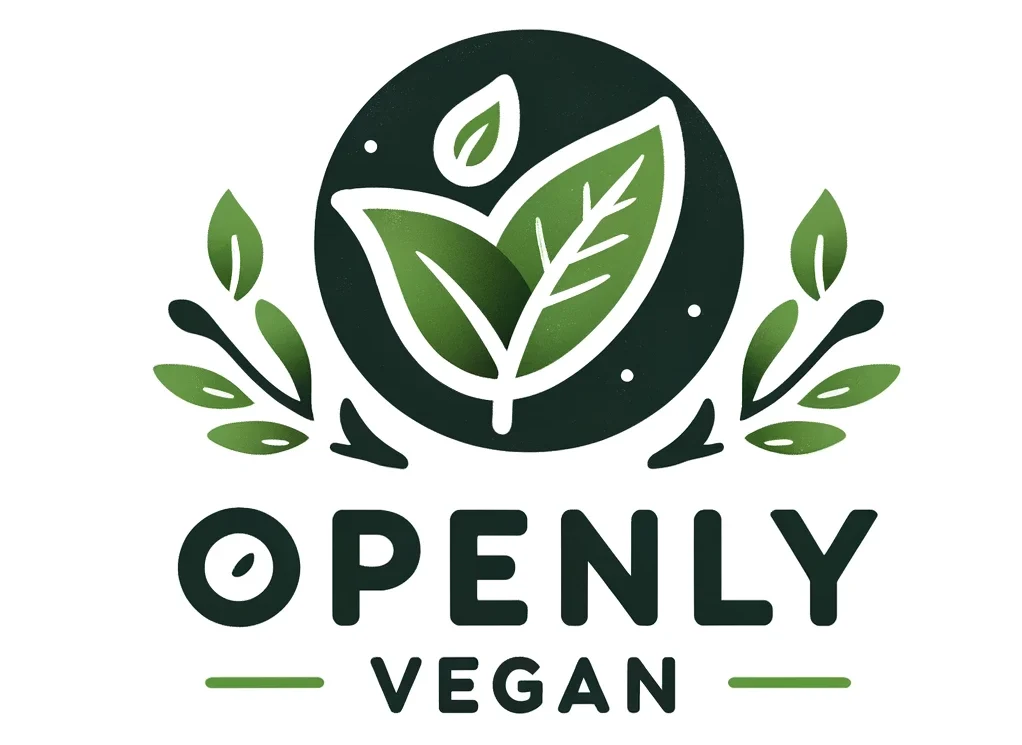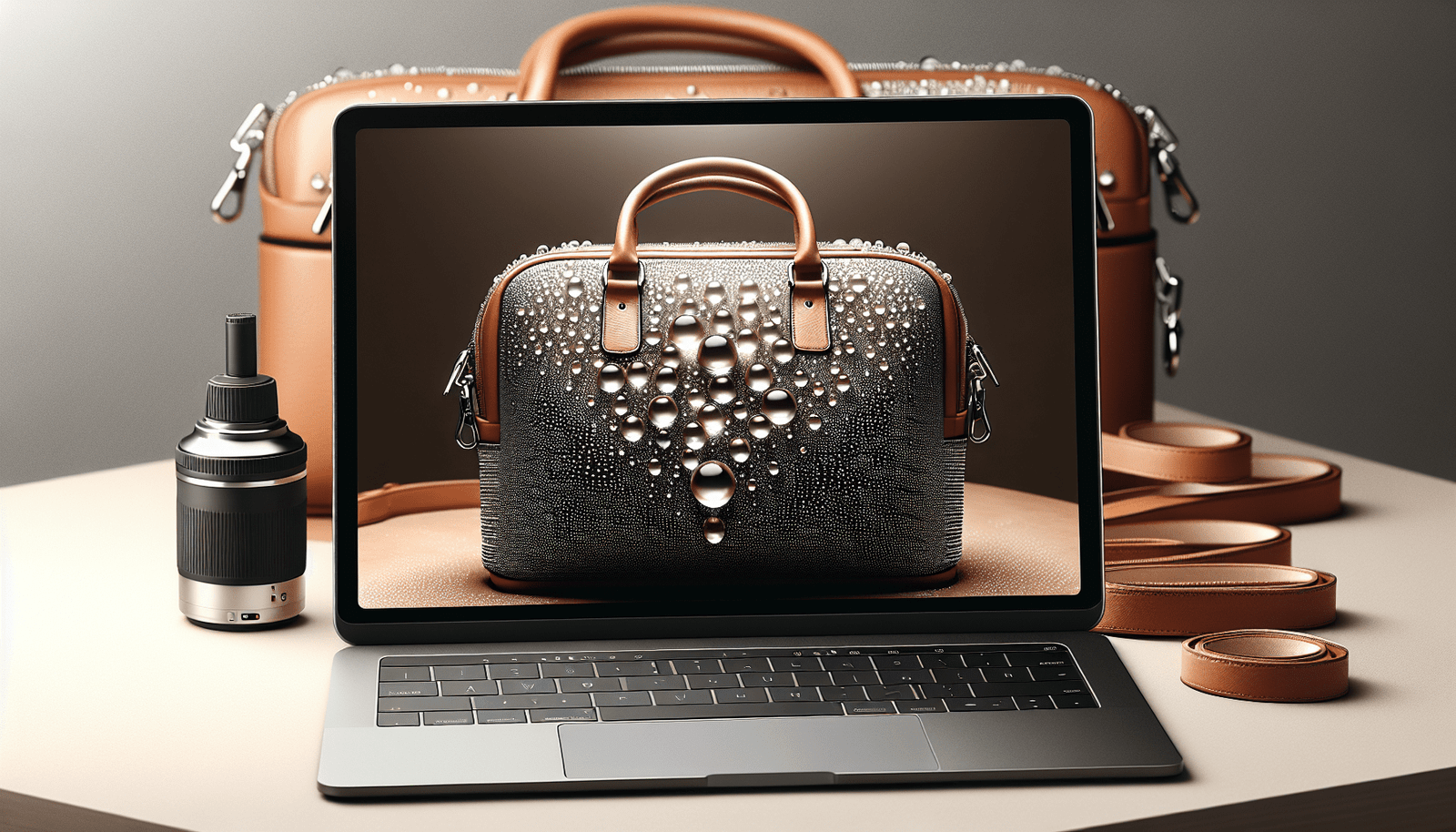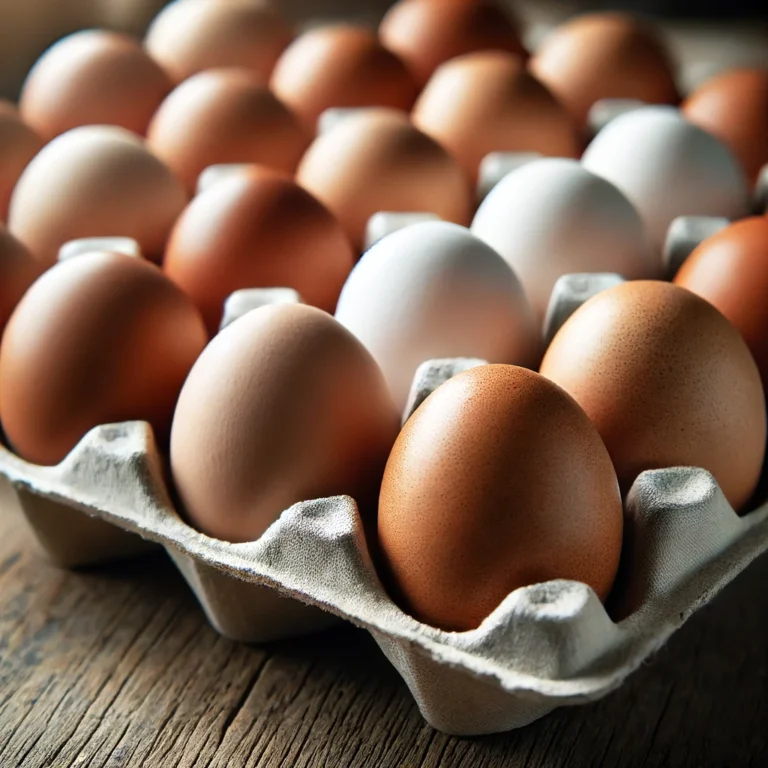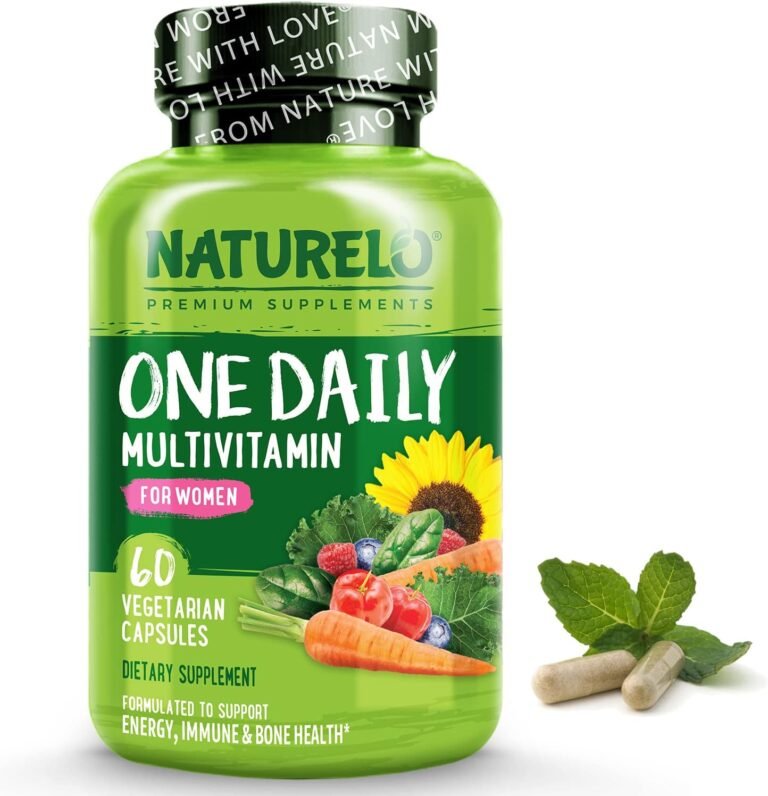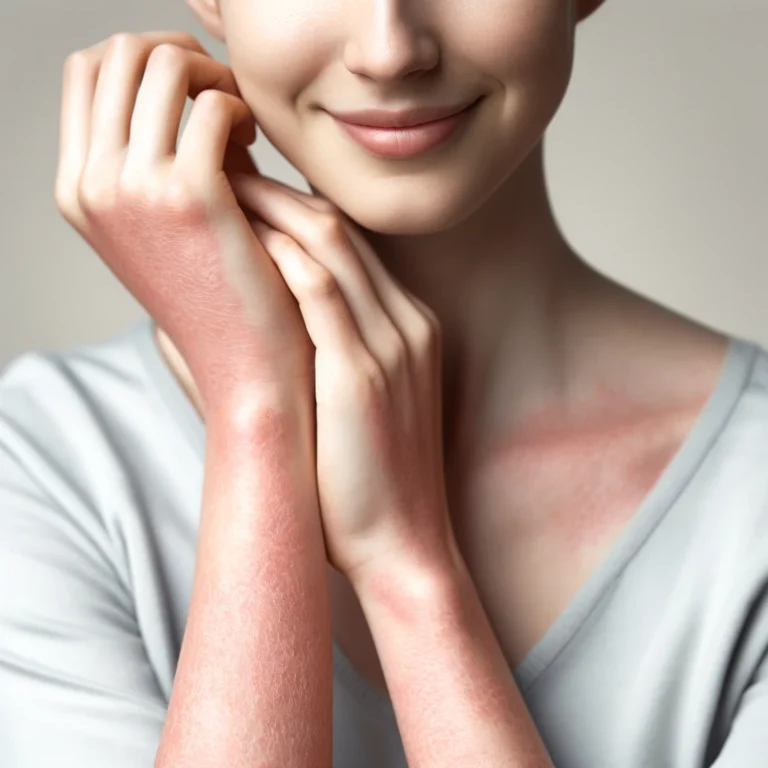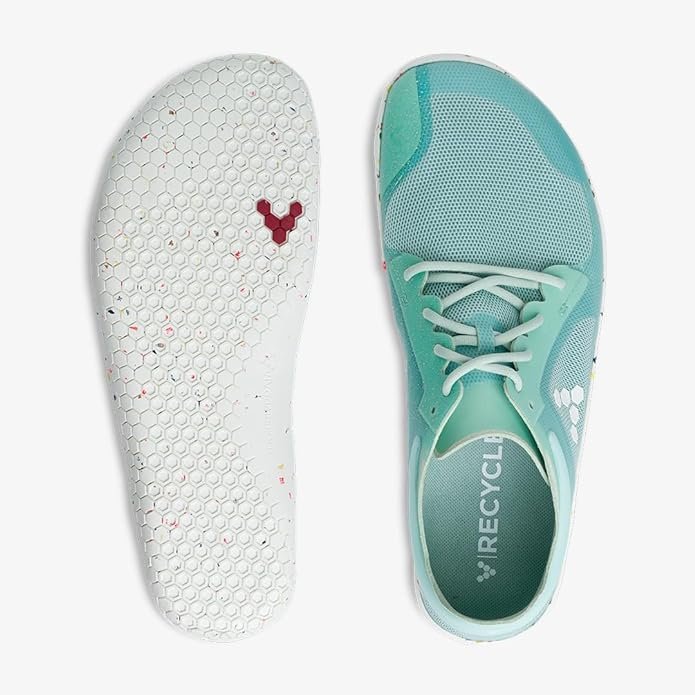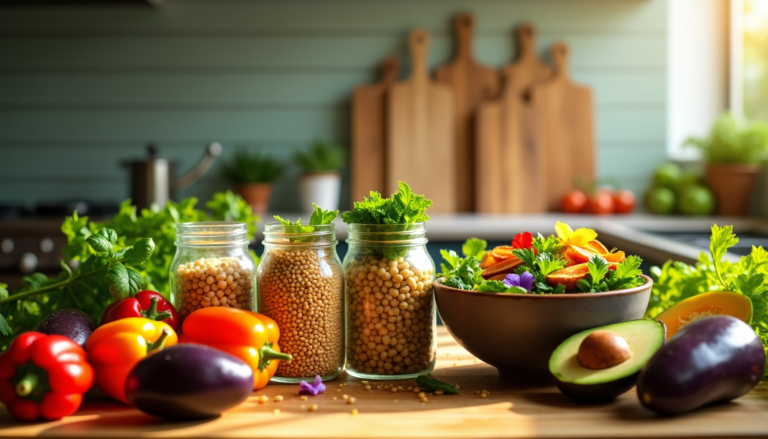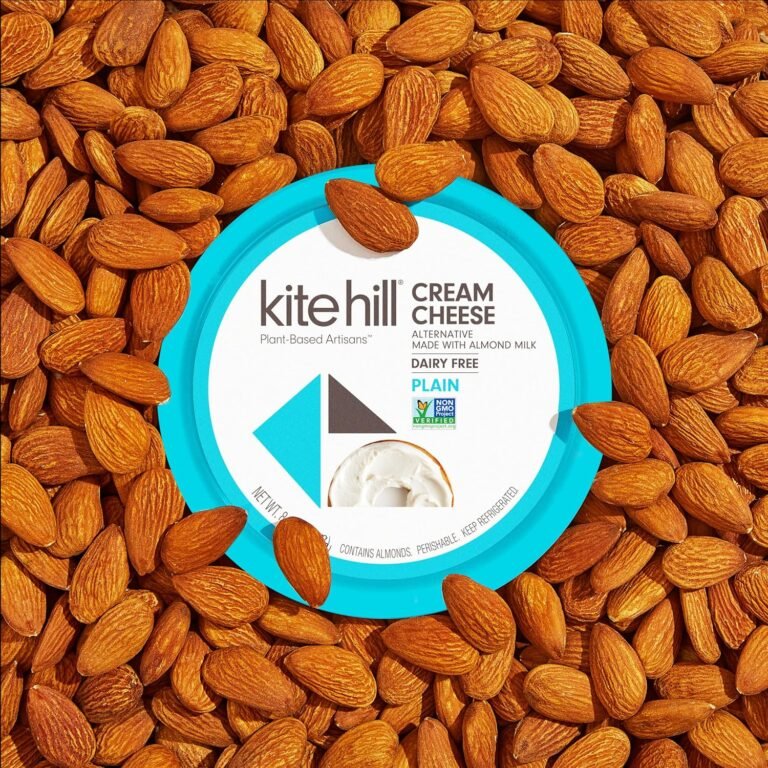Is Vegan Leather Waterproof?
Table of Contents
You’re standing in the shoe aisle, eyeing a pair of sleek vegan leather boots and wondering if they’ll hold up to unexpected rain showers. In this article, “Is Vegan Leather Waterproof?”, you’ll discover the intriguing ins and outs of vegan leather and its ability to withstand water. We delve into the composition of this eco-friendly material, compare it to traditional leather, and provide practical tips on how to keep your vegan leather goods looking their best, come rain or shine. Have you ever wondered if vegan leather is waterproof? It’s a common question that comes up, especially with the growing popularity of vegan and eco-friendly materials. Whether you’re considering a new pair of vegan shoes, a vegan handbag, or even furniture made from vegan leather, understanding its properties can help you make an informed decision.

What is Vegan Leather?
To start, let’s delve into what vegan leather actually is. Vegan leather is a type of artificial leather made without the use of animal products. It can be made from a variety of materials, ranging from synthetics like polyurethane (PU) and polyvinyl chloride (PVC) to natural substances like cork or even pineapple leaves.
Some common types of vegan leather include:
- PU Leather: Made from polyurethane, a plastic material that can be tailored to mimic real leather.
- PVC Leather: Made from polyvinyl chloride, another type of plastic known for its durability.
- Natural Fiber-Based Leather: Made from materials like cork, pineapple leaves (Piñatex), or even mushrooms.
The Waterproof Myth: Breaking it Down
Understanding Waterproof vs. Water-Resistant
Before diving into whether vegan leather is waterproof, it’s crucial to understand the difference between “waterproof” and “water-resistant.”
- Waterproof: A material that does not allow water to penetrate it under any condition. It can be entirely submerged in water without getting damaged.
- Water-Resistant: A material that provides some degree of protection against water but can still be penetrated under certain conditions.
Is Vegan Leather Waterproof?
So, is vegan leather itself waterproof? The short answer is: it depends on the type of vegan leather you have. Here’s a rundown of how different types of vegan leather fare when it comes to water:
| Type of Vegan Leather | Waterproof | Water-Resistant |
|---|---|---|
| PU Leather | No | Yes |
| PVC Leather | Yes | Yes |
| Natural Fiber-Based | No | Varies |
PU Leather
PU leather, though often marketed as water-resistant, is not entirely waterproof. It can handle light rain and accidental spills, but soaking it in water can lead to damage over time.
PVC Leather
PVC leather tends to be more water-resistant and, in many cases, waterproof. However, it’s crucial to note that while PVC can repel water effectively, it’s not the most environmentally friendly option due to the chemicals involved in its production.
Natural Fiber-Based Vegan Leather
Natural fiber-based vegan leather, such as those made from pineapple leaves or cork, is generally not waterproof. However, some varieties might offer a degree of water resistance. You would need to check the manufacturer’s specifications for each product.
Why Does It Matter?
Understanding whether or not vegan leather is waterproof can significantly impact your purchasing decisions. If you live in a rainy region or plan to use your vegan leather items outdoors frequently, knowing their durability against water exposure is crucial.
Practical Applications
- Footwear: Shoes made from PU or PVC leather can generally withstand light rain, but it’s not advisable to wear them in heavy downpours. Always check if the shoes have been treated with additional waterproof coatings.
- Handbags: Handbags made from vegan leather can usually handle a bit of water exposure. It’s always a good idea to opt for those with extra waterproof lining, especially for valuable items inside.
- Furniture: If you have vegan leather furniture, spills should not pose a significant issue, especially if they’re wiped up quickly. Long-term exposure to water, however, can cause damage.
Caring for Vegan Leather
Let’s say you’ve decided to go with vegan leather products. How do you care for them to ensure they last as long as possible, especially in terms of managing their water exposure?
Regular Maintenance
Caring for vegan leather is relatively straightforward. Here are some general tips:
- Wipe Down Regularly: Use a damp cloth to wipe off dirt and debris.
- Avoid Prolonged Exposure to Water: While some types of vegan leather can handle brief water exposure, avoiding prolonged contact is always best.
- Use a Protector Spray: Some vegan leather products can benefit from a waterproof spray, which adds an extra layer of protection. Just make sure it’s compatible with the type of vegan leather you have.
Dealing with Water Exposure
If your vegan leather item does get wet, here’s what you can do:
- Blot, Don’t Rub: Use a soft cloth to blot the water away gently. Rubbing can damage the surface.
- Air Dry: Allow the item to air dry completely. Avoid using direct heat, like a hairdryer, as it can damage the material.
- Condition: Some vegan leathers benefit from a conditioning treatment designed for synthetic materials. Always test a small area first.
Environmental Impact: A Deeper Look
One of the reasons many people opt for vegan leather is its lower environmental impact compared to traditional leather. However, this doesn’t mean all vegan leathers are created equal in terms of eco-friendliness.
PU vs. PVC: The Environmental Debate
| Material | Eco-Friendliness | Durability | Water Resistance |
|---|---|---|---|
| PU Leather | Higher | Moderate | Moderate |
| PVC Leather | Lower | High | High |
- PU Leather: Generally considered more environmentally friendly compared to PVC. It usually breaks down more easily and involves fewer toxic chemicals in its production.
- PVC Leather: Notably less eco-friendly due to the chlorine used in its production, which can release harmful dioxins. However, it is highly durable and offers excellent water resistance.
Natural Fiber-Based Vegan Leather
Materials like Piñatex (made from pineapple leaves) and cork are often touted as more sustainable. However, they generally lack water resistance and require careful sourcing to ensure minimal environmental impact.
Recycled and Upcycled Materials
Some vegan leather brands use recycled materials, such as plastic bottles or reclaimed waste, making them an excellent choice for the eco-conscious consumer. While they may lack the water resistance of other types, the reduced environmental footprint can be worth the trade-off.
Innovations in Vegan Leather: What’s on the Horizon?
The world of vegan leather is rapidly evolving, with new innovations appearing regularly. From mushroom leather (Mylo) to apple peel leather, these innovations aim to provide better eco-friendliness while also addressing durability and water resistance issues.
Mylo (Mushroom Leather)
Mylo is created from mycelium, the root structure of fungi. It’s durable and somewhat water-resistant, making it a promising alternative. As this technology evolves, we might see improvements in its waterproof capabilities.
Apple Leather
Made from the by-products of the apple juice industry, apple leather is another eco-friendly option. It’s generally not waterproof but offers good durability and versatility.
Lab-Grown Leather
Lab-grown leather, or bio-fabricated leather, offers the potential for customized properties, including waterproofing. This technology is still in its early stages but promises to revolutionize the market.

Conclusion: Is Vegan Leather Right for You?
So, is vegan leather waterproof? The answer is multifaceted and depending on the type of vegan leather. While materials like PVC offer good water resistance, they’re not the best for the environment. On the other hand, eco-friendly options like Piñatex generally lack waterproof capabilities.
Understanding your specific needs and preferences can help you choose the right type of vegan leather for your lifestyle. Remember, what you’ll gain in animal cruelty-free and potentially lower environmental impact, you might compromise in areas like waterproofing, depending on your choice.
Being informed allows you to make better, more conscious decisions that align with your values and practical needs. So next time you’re eyeing that sleek pair of vegan leather boots or that stylish handbag, you’ll know exactly what to consider.
